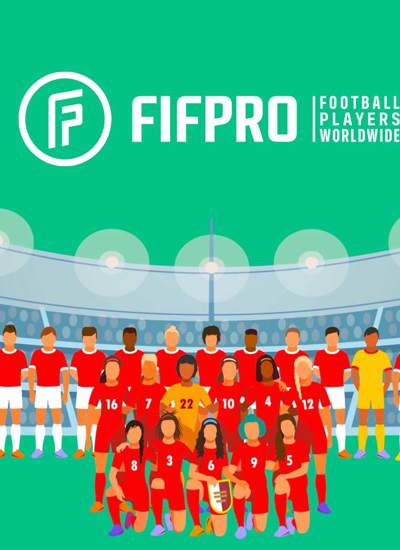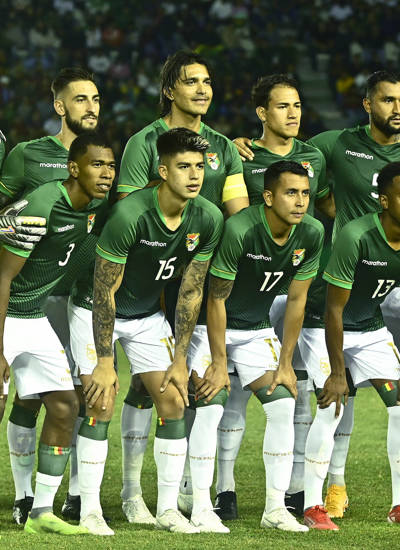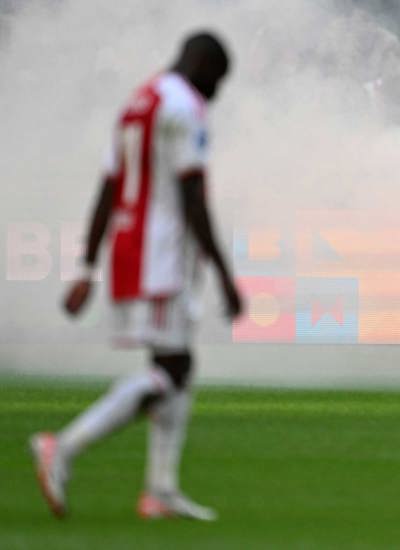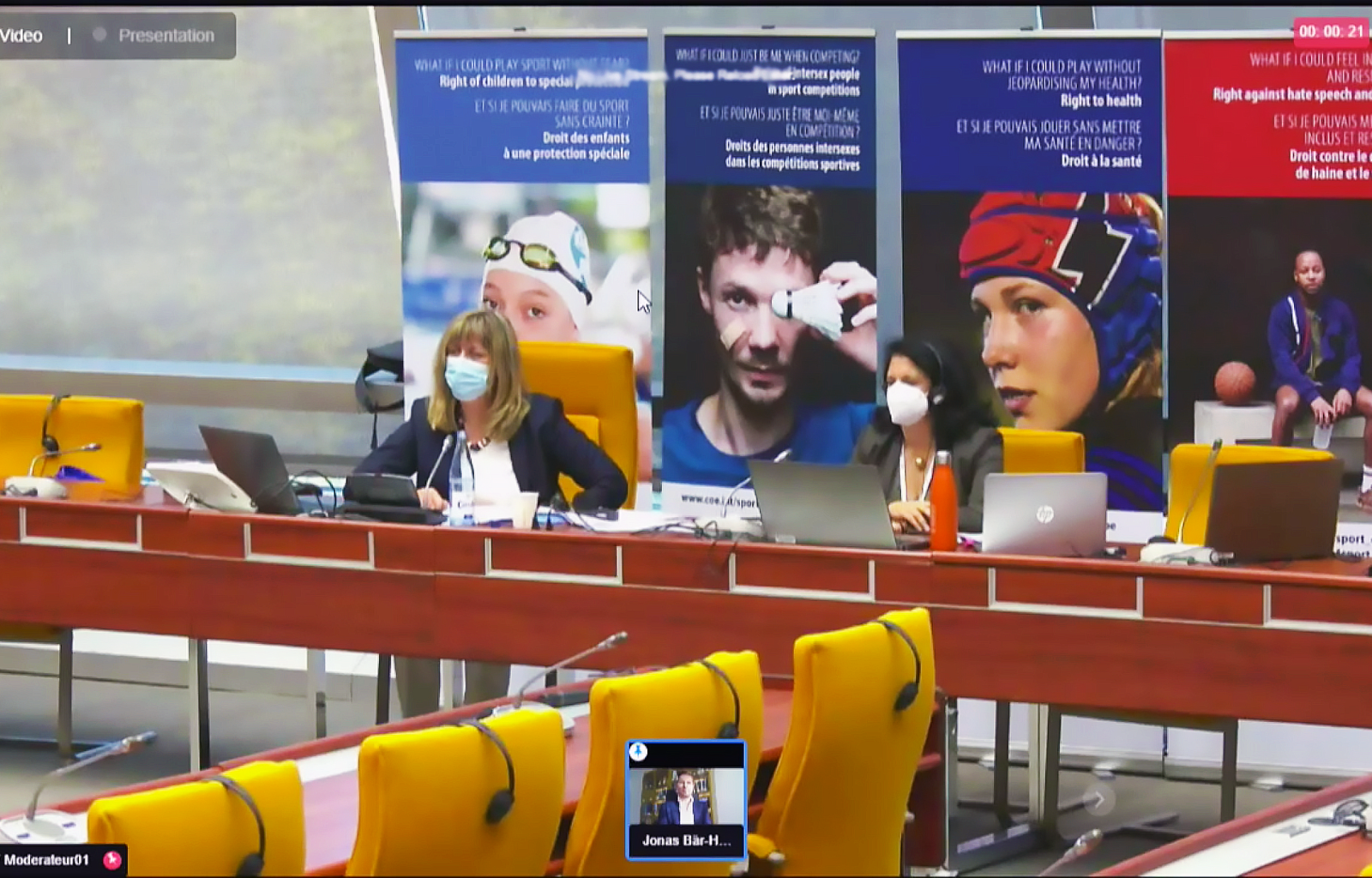

Some of the important topics discussed during the conference included human rights violations in sport, such as sexual abuse, racism, discrimination, violence and gender inequality. The subject of threats to the integrity of sport was also raised, including doping, match fixing and corruption. The Council recognised the importance of acknowledging the existence of these issues and strengthening solidarity within sports, especially considering the increasing tensions due to the COVID-19 pandemic.
“The players that we speak to, they’ve had enough of racism in football. They’ve had enough of campaigns, they’ve had enough of slogans. What they need is action – right now.”
— by Jonas Baer-Hoffmann, FIFPRO General Secretary
Jonas Baer-Hoffmann was asked how FIFPRO is addressing issues such as racism, homophobia and hate speech in football. He said: “The reality is, although these are issues happening in sports, they really are a societal problem. Where on the one hand sports provides a platform for positivity, it also provides a platform for activities by bigots and other violent people that are visible to hundreds of thousands and sometimes even millions of people.” Baer-Hoffman said it’s time to act rather than merely acknowledging the problem: “The players that we speak to, they’ve had enough. They’ve had enough of campaigns, they’ve had enough of slogans. These might be important items for raising awareness, but what the athletes need is action – right now.”
“As a father working in football, I sometimes struggle with the idea of taking my young kids to stadia, simply because of what we hear and what I don’t want them to hear”
— by Jonas Baer-Hoffman, FIFPRO General Secretary
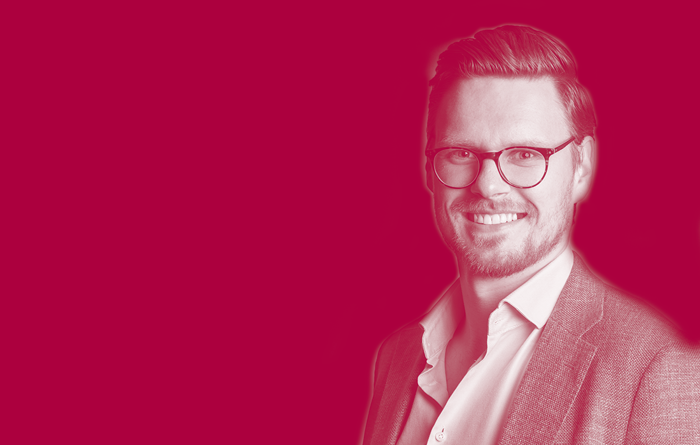
“The representation of people that have personal experiences with marginalisation or discrimination is very limited. And that is the starting point of where we need to tackle this issue,” he said. “The problem is that protocols still exist that basically force an employee, which is what an athlete is, to accept multiple repeat offences of discrimination in his or her own working environment before something is done – and often even these protocols fail. That needs to change and we need to embrace the athletes’ activism and right to protest.”
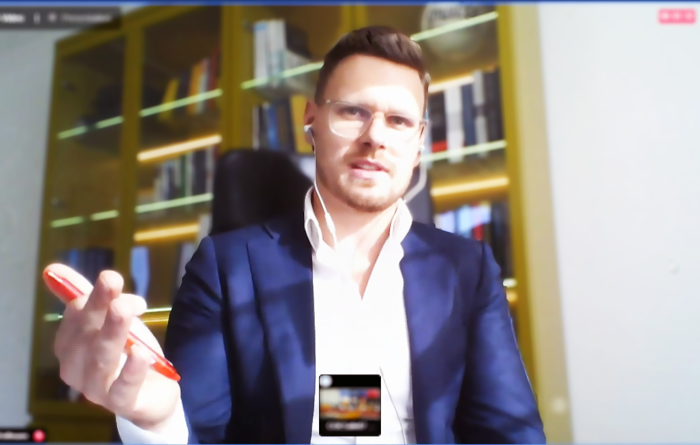
“We need to tackle this together. That includes government, law enforcement, media and especially social media and, not to forget, it involves people that are involved in sports.”
Roxana Maracineanu, the French Minister of Sports, elaborated on French governmental actions to deal with issues such as sexual abuse of children in sports, as well as the support they provided for athletes to continue to train at home during lockdown. Aleksandra Shelton, an Olympic fencing athlete from Poland, expressed her concerns on gender inequality in sports and, among other things, pointed out the restraints felt by female athletes returning to their sport after pregnancy. International Olympic Committee (IOC) executive board member Christophe de Kepper noted that “sports is a high impact, low cost tool for mental health of societies” and the importance of players having an active role in decision-making.
FIFPRO has reiterated its commitment to work with the Council of Europe and other public institutions such as the European Parliament and the European Commission to strengthen the stability of the football industry, as well as to ensure its social function in our communities. The effective protection of athletes and players as citizens and workers is fundamental in this context to empower their ability to leave a lasting mark on their sport and issues that matter to them as well as our societies.
